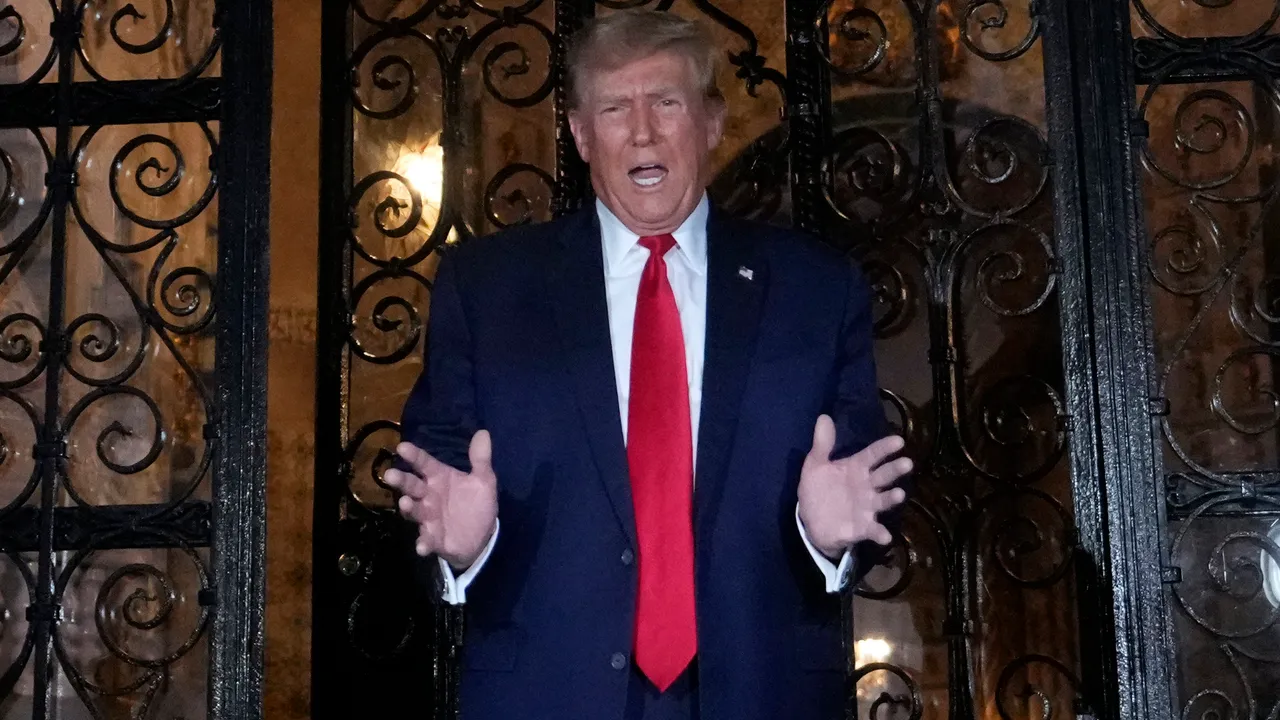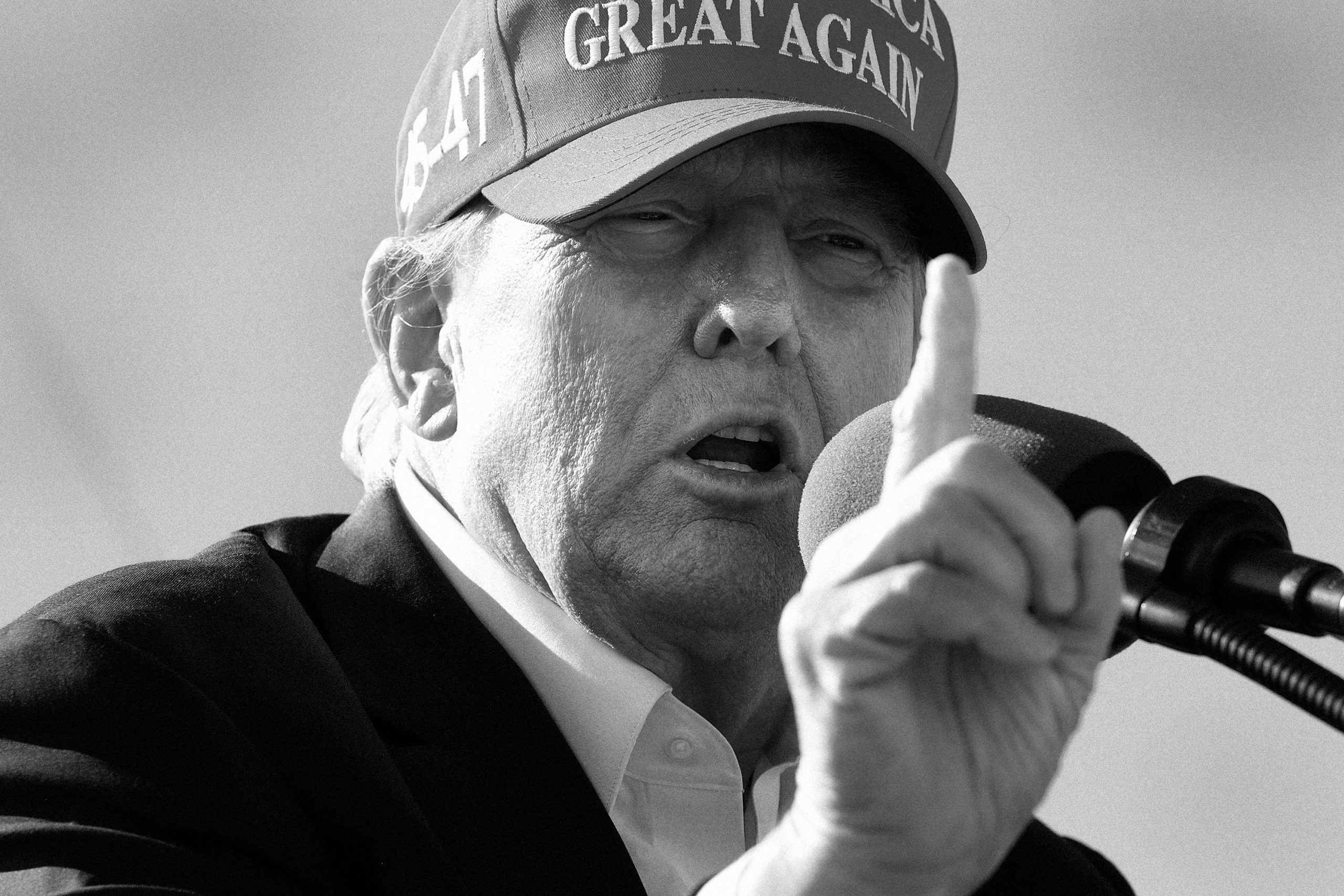As widely reported, Donald Trump finds himself in a dire financial situation, a far cry from his past boasts of wealth and success. Despite once flaunting his riches and claiming a net worth of nearly $9 billion, he now faces a significant hurdle: he lacks the necessary funds to secure a bond for the $464 million judgment ordered by the state of New York as he contests the ruling against him.
This shortfall puts his assets at risk of being seized by New York Attorney General Letitia James, a prospect that could spell trouble for the former president.
One potential avenue to avoid this scenario would be for Trump to file for bankruptcy, which would afford him a temporary reprieve from paying the judgment. However, sources close to Trump indicate that he is hesitant to pursue this option out of concern that it could tarnish his image as a successful businessman and undermine his political ambitions, including a potential bid to reclaim the White House.
Despite the apparent advantages of bankruptcy protection, Trump seems more inclined to endure a public showdown with James over asset seizure, viewing it as a more politically palatable alternative. His strategy appears to hinge on casting himself as a victim of government overreach, a narrative that could resonate with his supporters and bolster his image as a fighter against perceived injustices.

Trump (Credits: USA Today)
While Trump’s aversion to bankruptcy may stem from political calculations, it’s worth noting his history with the process. Over the years, his companies have filed for Chapter 11 bankruptcy multiple times, a fact he has spun as evidence of his business acumen rather than financial mismanagement.
In response to the situation, Trump’s legal team has sought a stay of enforcement on the civil penalty, arguing that it is unjust and unconstitutional. They have expressed optimism that appellate judges might reduce the size of the bond required to avoid asset seizure, but if that fails, Trump may explore other options, such as finding a wealthy investor to temporarily alleviate his financial strain.
Recent reports suggest that Trump stands to benefit from the impending public offering of Truth Social, a social media platform aimed at his supporters. However, any potential windfall from this venture would not provide immediate relief, as Trump would be unable to sell his shares for at least six months.
In the face of mounting financial challenges, Trump has resorted to familiar tactics, using his platform on Truth Social to denounce what he perceives as a politically motivated witch hunt orchestrated by his adversaries. Despite the uncertainty surrounding his financial future, Trump remains defiant, refusing to bow to pressure and determined to fight his legal battles on his own terms.























